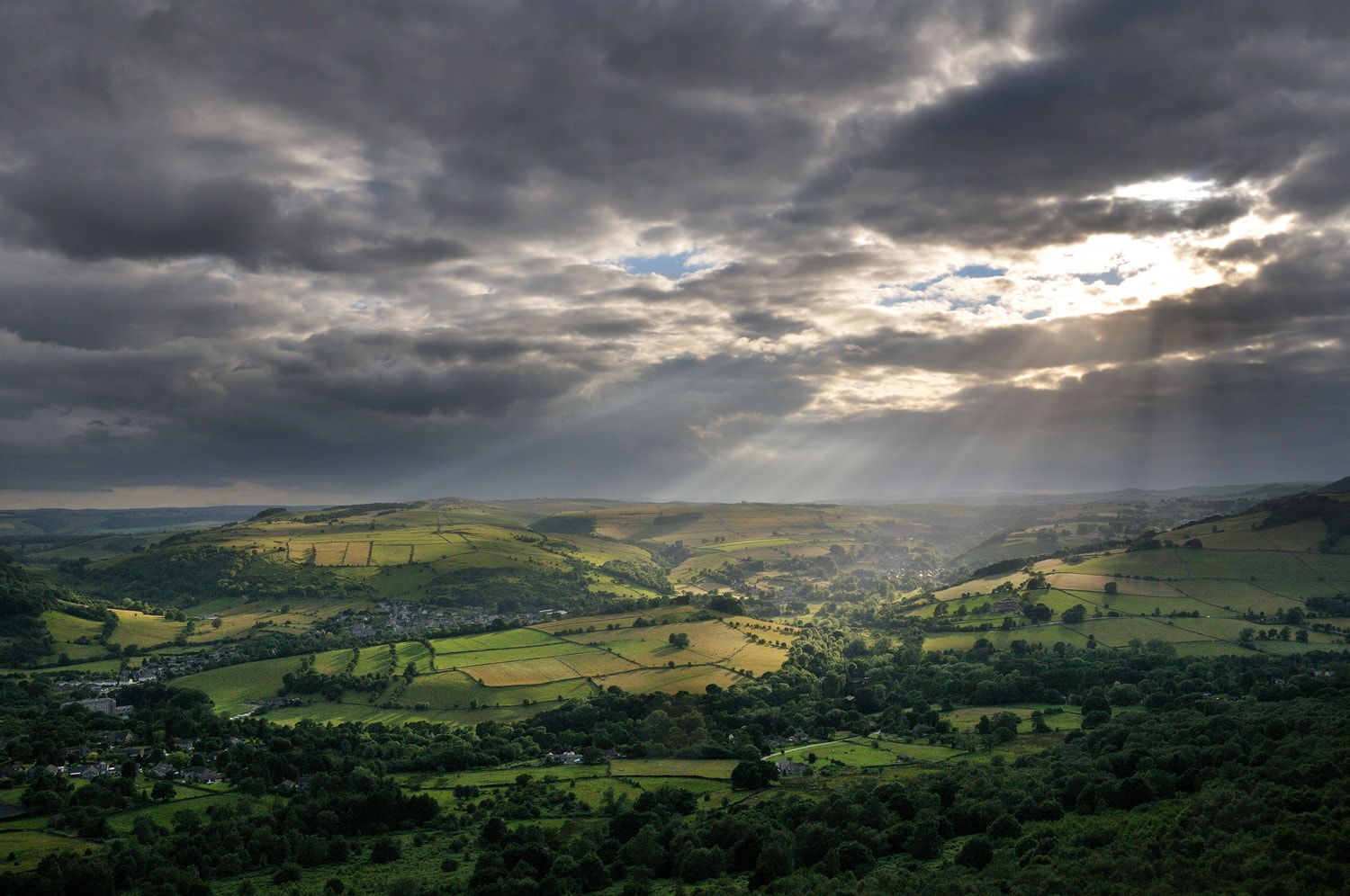Statement on water quality in National Parks
Thursday 5 September 2024
Water is woven into the fabric of the UK’s National Park landscapes and is so often the source of enjoyment, a refuge for nature and of course in providing so many of our ecosystem services.
That’s why, along with many others, we share the anger and frustration that the quality of freshwater in our National Parks is now under threat.
This is no more disappointing than when our work with local partners and landowners puts water at the heart of so many projects; from carbon capture and tackling climate change in healthy uplands, to natural flood management and reducing the impacts from our farmed environment. Our rivers, streams and lakes should also be a place where wildlife can thrive.
As the UK’s most cherished protected landscapes, the water in our national parks deserves to set the standard of quality, not make the headlines.
Water will always be at the rippling heart of the Peak District with our iconic reservoirs that supply millions of people living along our boundary and far beyond. This also means working closely with those who manage these significant parts of our national park landscape so we can continue to support the health, enjoyment and other natural benefits these places provide.
But we also welcome the government’s more robust approach to accountability for those at the very top of our water companies; ensuring that whether water is flowing through a town or our protected landscapes, there is a clear sense of responsibility.
With the Levelling Up and Regeneration Act 2023 there is now a new duty on water companies to further the purposes of national parks, and we look forward to seeing the necessary investment to ensure improvements not only in traditional water treatments, but in nature-based solutions. These solutions – including peatland restoration and river buffer zones - can play a key role in improving water quality, flood management and mitigation of climate change.

